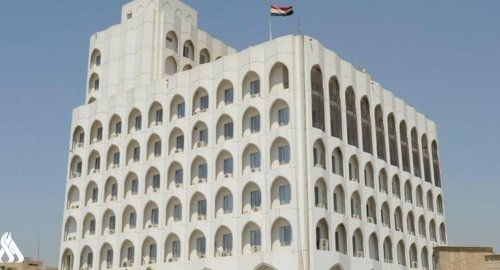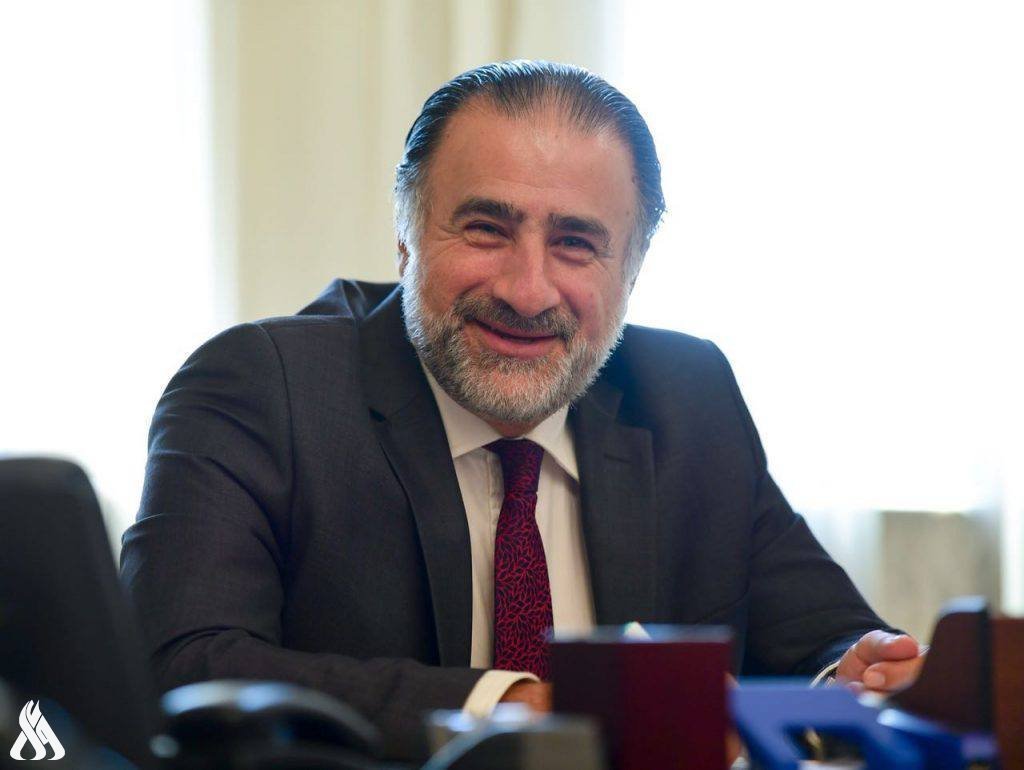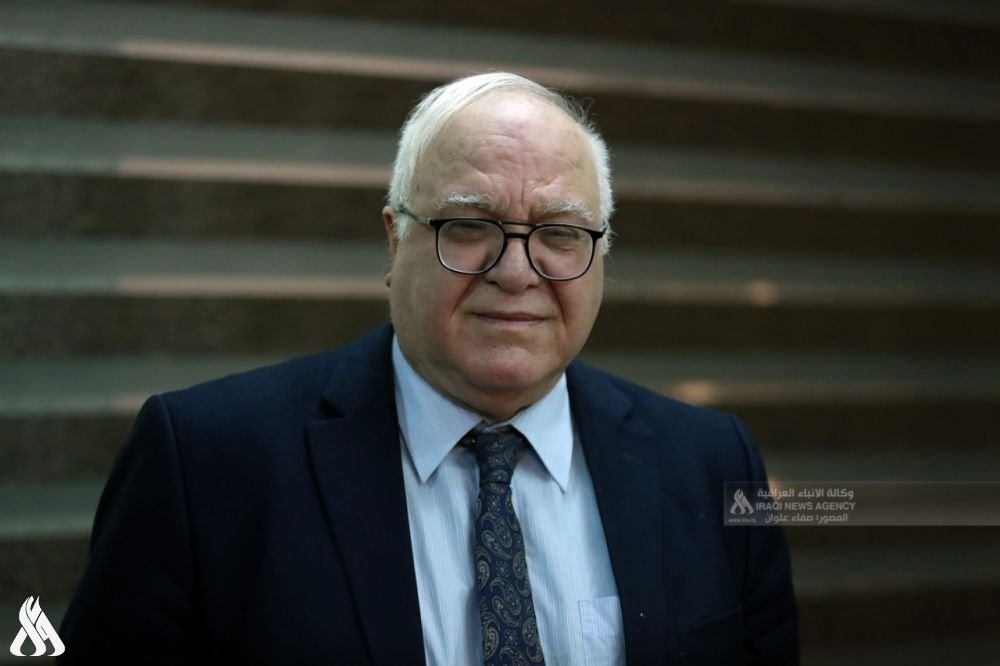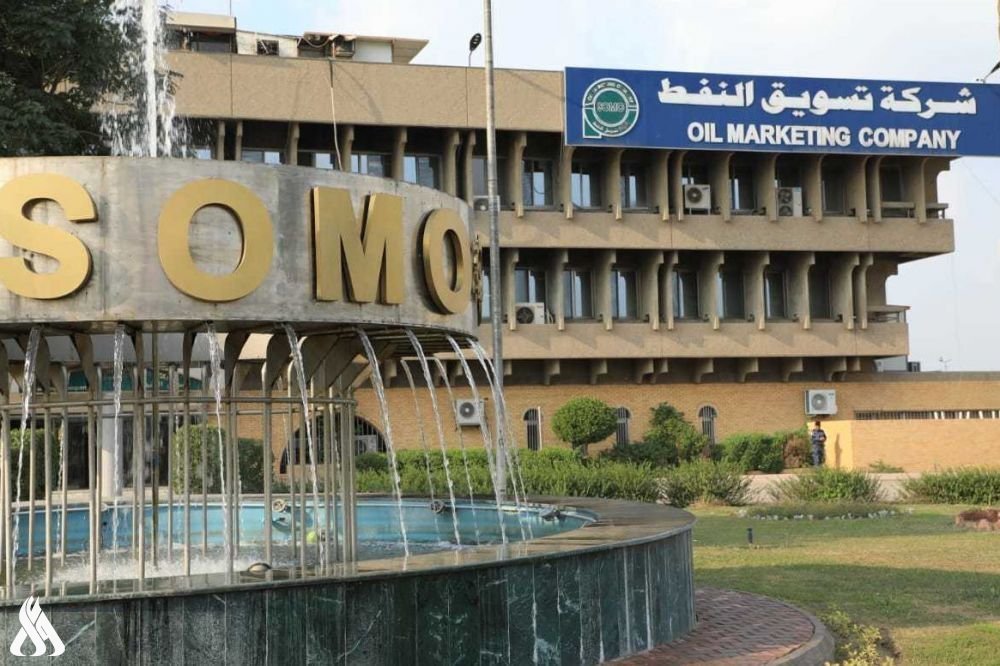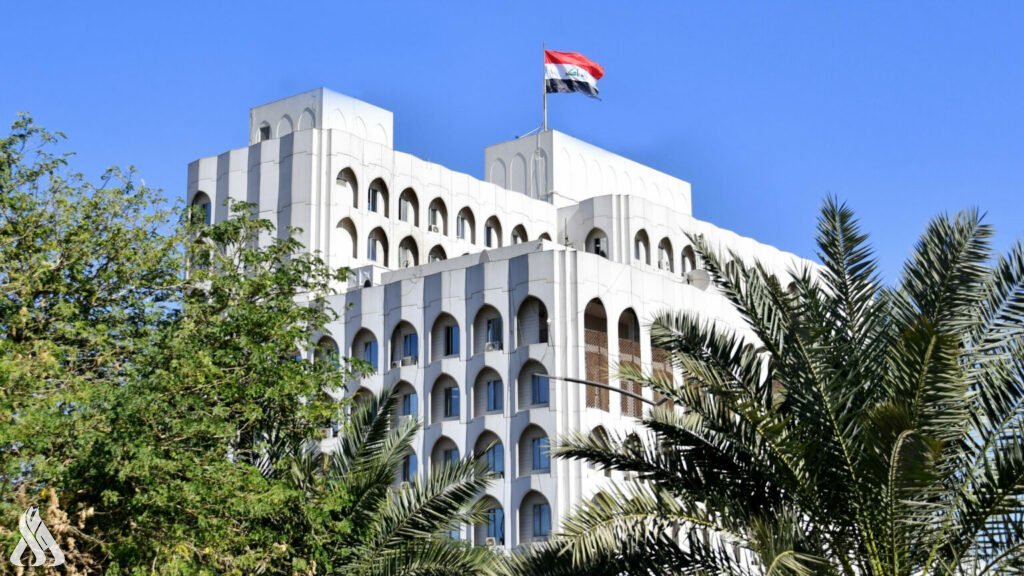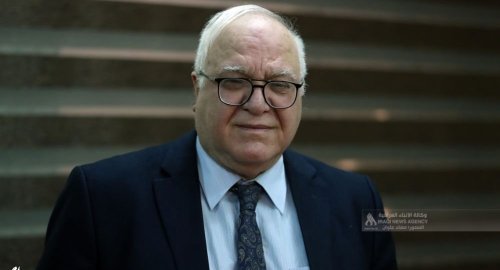
PM Advisor: Government program aims to raise non-oil revenues to 20%

Economy
- 21-12-2024, 13:02
Baghdad – INA
Prime Minister’s Advisor, Muthher Mohammed Saleh, confirmed on Saturday that non-oil revenues have significantly increased in their contribution to the federal budget, adding that the government program aims to raise their share to 20%.
Saleh told the Iraqi News Agency (INA) that "there are two key factors driving the increase in non-oil revenues, which have seen a substantial shift in their role within the federal budget, as highlighted by Prime Minister Mohammed Shia’ al-Sudani."
He explained that "the first factor is the growth in the non-oil GDP, which is approaching 6% annually. This represents a significant leap in the development of sectors outside the oil economy, including transportation, digital communications technology, housing, construction, infrastructure, agriculture, and industrial transformation."
He further noted that "the second factor is the improvements in the federal budget’s non-oil revenues, driven by high discipline in tax and customs collection, the introduction of digital processes and automation, and the expansion of efforts to address previously untapped tax bases."
Saleh emphasized that "the progress made aligns with the government’s program, which aims to gradually increase the share of non-oil revenues to 20% from less than 10%, in line with broader economic reforms."
Saleh explained that "this goal is directly linked to the growth in non-oil GDP, as well as the expansion of traditional budget revenue sources, including direct and indirect taxes and various other government revenues. This creates a complementary relationship between financial sustainability and economic sustainability over time, which is one of the key objectives of the government program."
Prime Minister Mohammed Shia’ al-Sudani had previously confirmed in a special interview on Iraqi News Channel, followed by INA, that "non-oil revenues have reached 14%, up from 7% previously."
He also noted that "unemployment had dropped from 16.5% to 14.4%, while poverty levels were reduced from 23% to 17%."
Trump: US and Iranian officials in talks
- International
- 05:31
ChatGPT temporarily down due to pressure from cartoon trend
- Articles
- 05:16
Prime Minister Arrives in Maysan Governorate
- Local
- 04:26
Al-Sistani: Tomorrow, the 29th of Ramadan
- Local
- 25/03/29
SOMO: Iraq has the fourth-largest proven oil reserves in the world
- Economy
- 25/03/26







